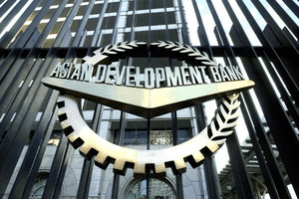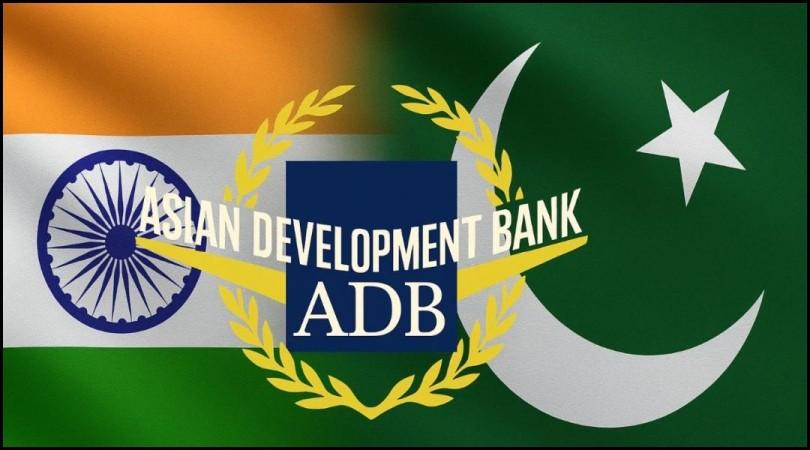
India has voiced significant concerns regarding the Asian Development Bank's (ADB) decision to approve an $800 million aid package to Pakistan. The apprehensions are primarily centered around the potential misuse of these funds, especially given Pakistan's increasing defense expenditure despite its challenging fiscal situation. This development has sparked a debate on the implications of such financial assistance and the military's influence on Pakistan's economic policies.
India's primary concern is the potential diversion of ADB funds towards defense spending. Despite facing an economic crisis characterized by a declining tax-GDP ratio, dwindling foreign exchange reserves, and soaring inflation, Pakistan continues to prioritize its defense budget. This is particularly alarming given the military's entrenched role in the country's governance. The military now leads the Special Investment Facilitation Council, granting it significant control over economic policy decisions, raising the risk of policy reversals and poor reform implementation.
An Indian official, speaking on the condition of anonymity, highlighted the increased military expenditure, citing the purchase of fighter jets from China and the acquisition of a large number of drones. These actions, according to the official, reflect a worrying trend of prioritizing military hardware over economic stability. "The funds can be diverted for defense expenditure," the official stated, emphasizing the potential misuse of the aid package.

Pakistan's Economic Challenges and Reform Track Record
Pakistan's economic challenges are well-documented. The country has approached the International Monetary Fund (IMF) for its 24th bailout, underscoring the ineffectiveness of previous aid programs in achieving sustainable macroeconomic stability. The ADB and IMF-supported initiatives have failed to address the root causes of Pakistan's economic woes, leading to repeated requests for financial assistance.
India has pointed out Pakistan's poor track record in implementing economic reforms tied to aid packages. The mandatory reforms required by multilateral institutions have often been inadequately executed, further exacerbating the country's fiscal challenges. This history of ineffective reform implementation raises doubts about the potential success of the current ADB aid package.
India's concerns extend beyond economic issues. The country has highlighted Pakistan's policy of promoting cross-border terrorism, which has contributed to a deteriorating security situation in the region. The implementation of the Financial Action Task Force (FATF) action points related to terrorist financing investigations and the prosecution of leaders of UN-designated terrorist groups has been unsatisfactory. This lack of progress in addressing terrorism-related concerns adds another layer of complexity to the aid package debate.

















